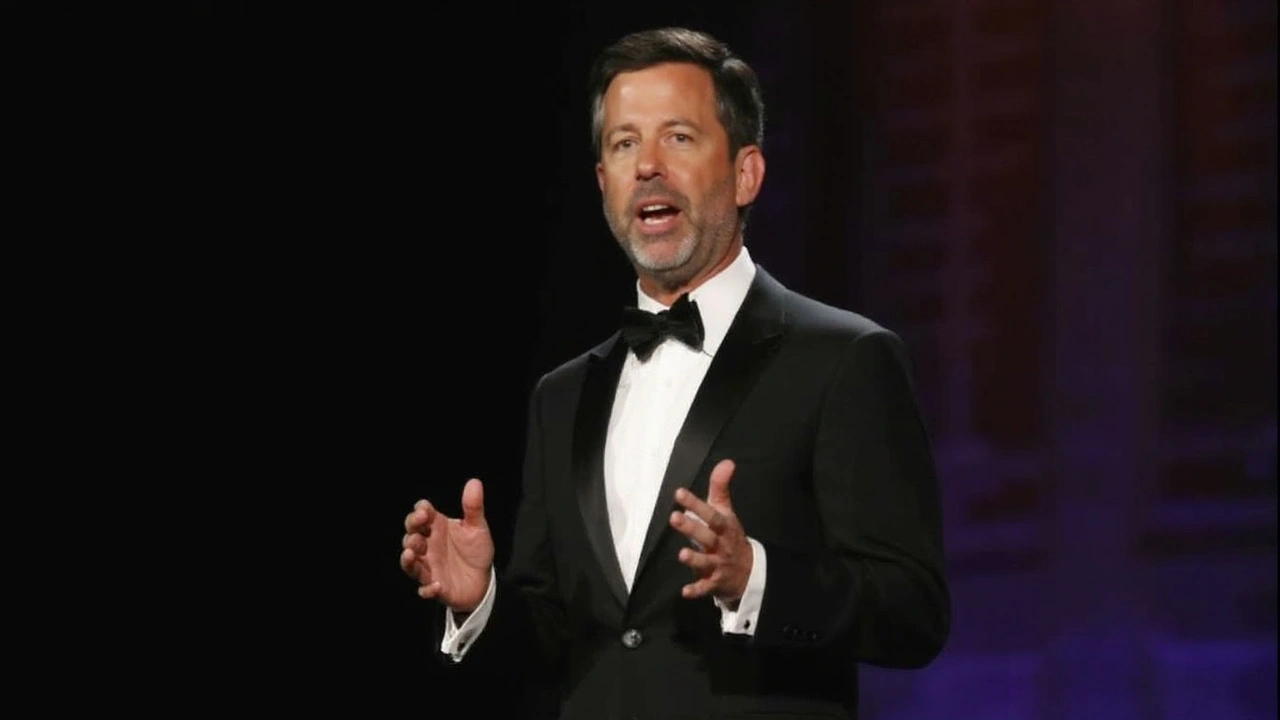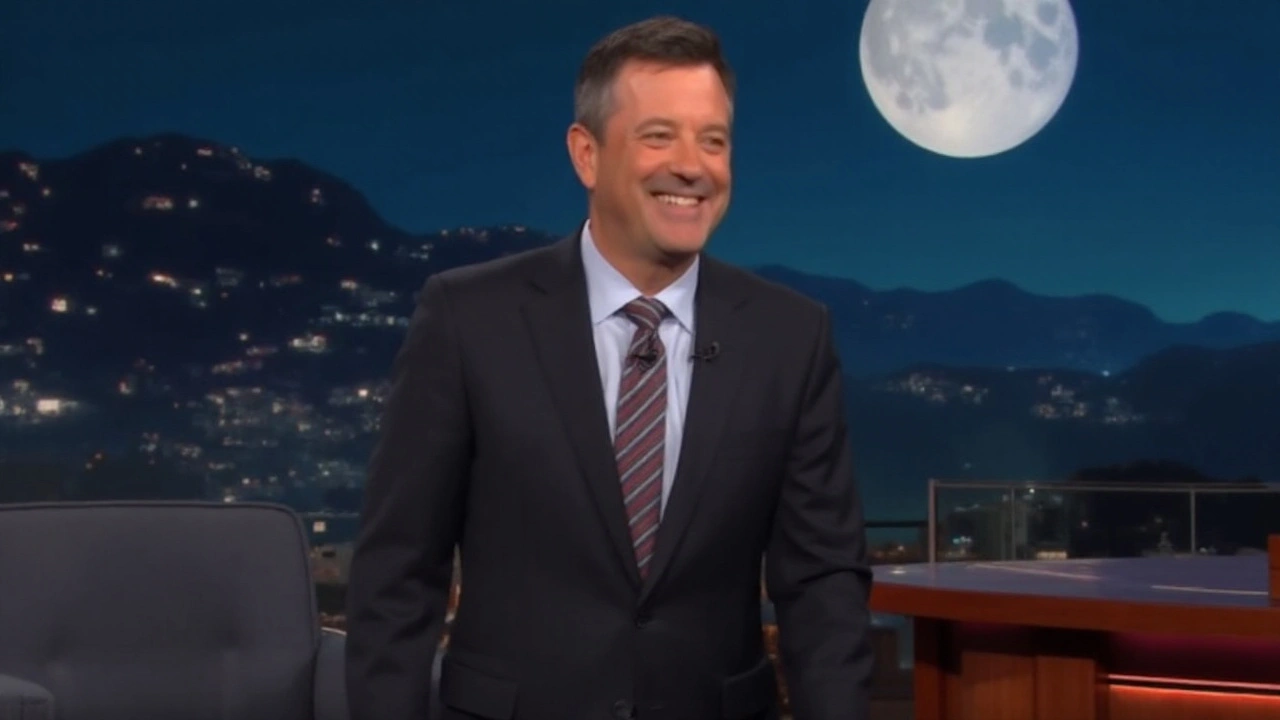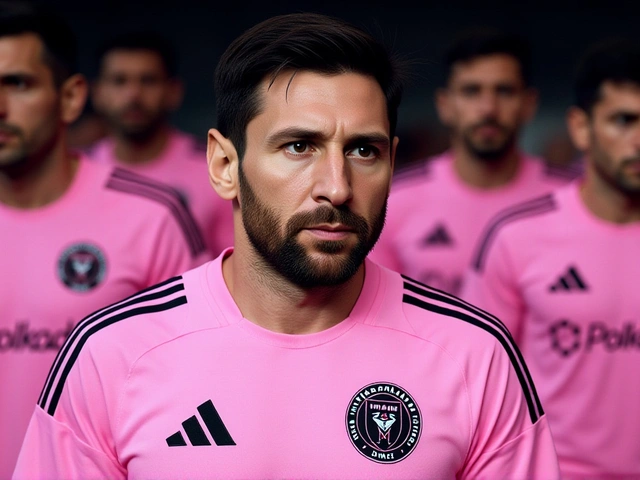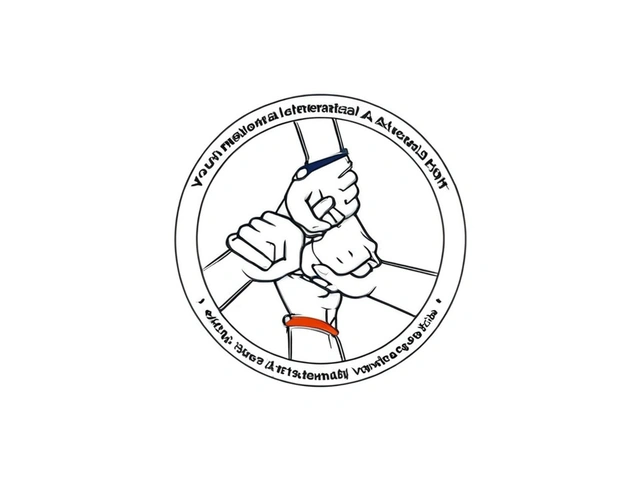
ABC has taken the unusual step of suspending Jimmy Kimmel Live indefinitely, pausing one of network TV’s longest-running late-night shows after a wave of backlash to remarks Kimmel made involving conservative activist Charlie Kirk. The network announced its decision on September 17, 2025, signaling a high-stakes break from business as usual in a time slot that rarely goes dark without a labor strike or a host’s departure.
What triggered ABC’s move
The controversy stems from Kimmel’s opening monologue earlier this week, in which he referenced Kirk in a way critics described as invoking or joking about political violence. The exact wording has been contested online, and ABC has not released a full transcript of the segment. There is no evidence of any physical harm to Kirk; the uproar centers on the framing and tone of the remark, and whether it crossed a line in a hyper-charged media climate.
Inside ABC, the suspension is being framed as an immediate response while standards and practices conduct a review, according to people familiar with how networks handle high-profile incidents. Disney, ABC’s parent company, has historically moved quickly when content threatens advertiser relationships or affiliate carriage, and late-night comedy—traditionally a safe space for topical jokes—has increasingly drifted into political territory where the stakes are higher.
Nexstar Media Group, one of the country’s largest station owners, said it would pull the show from its ABC affiliates, citing concerns about heavily partisan content. Losing carriage in multiple markets would punch a hole in the show’s reach and ad inventory, undercutting the network’s leverage and making a pause more likely. Affiliates control the last mile to millions of homes; when they balk, networks listen.
The FCC’s orbit around the controversy added another layer. Commissioner Brendan Carr, a Republican appointee, signaled interest in the matter, according to multiple reports. While the commission polices indecency and technical compliance for broadcast stations, it does not typically referee political speech. Any federal scrutiny of a late-night monologue would be unusual and would raise First Amendment questions, but the mere suggestion of regulatory heat can intensify pressure on a network juggling advertisers, affiliates, and public sentiment.
On the ground, small groups of demonstrators gathered outside ABC facilities in Los Angeles and New York after the decision, reflecting how quickly late-night comedy now bleeds into political identity. Online, the clip and reactions ricocheted across platforms, with calls ranging from firing the host to defending the show as protected satire. Kimmel, photographed in Los Angeles two days after the monologue, has not made a public statement.

Why this matters for late-night TV
Indefinite suspensions of flagship late-night programs are rare. ABC once canceled Bill Maher’s Politically Incorrect in 2002 after a cascade of advertiser defections following his post-9/11 comments. More recently, networks have weathered storms—Stephen Colbert faced FCC complaints in 2017; The View has issued temporary suspensions over on-air remarks—but keeping a nightly franchise off the air with no set return date is uncommon and risky.
There are immediate business implications. Affiliates fill late-night with local news, syndicated reruns, and network shows that help them retain viewers into the overnight hours. If an affiliate group like Nexstar opts out, ABC risks fragmented scheduling and lost ad dollars at the local level. The network must also consider what to air in Kimmel’s slot—reruns, guest-hosted specials, or a temporary news format—all of which carry different costs and ratings risks.
For ABC, the calculus stretches beyond one monologue. Late-night audiences have shrunk and polarized, streaming has siphoned off younger viewers, and ad buyers scrutinize brand safety more than ever. A single segment can ignite days of headlines and mobilize organized campaigns from both the right and the left. In that environment, a network’s appetite for risk narrows, and internal standards teams often become the final arbiters.
There’s also the cultural question. Late-night shows became a political force during the Trump years, with hosts blending comedy and commentary to keep pace with a relentless news cycle. That shift won loyal audiences but also created a constant risk of blowback. When a joke touches a nerve—especially one tied to violence—networks face a dilemma: defend the host’s latitude or step in to signal limits. ABC chose the latter, at least for now.
What comes next will hinge on several threads: the outcome of ABC’s review; whether advertisers pull back or demand changes; how many affiliates decline to carry the show; and whether federal regulators take any formal step beyond public comments. If the show returns, ABC could impose tighter guardrails, ask for an on-air clarification, or rotate guest hosts while the dust settles. If the pause stretches on, the network may test alternate programming to see what retains viewers at 11:35 p.m.
Kimmel, who has hosted the show since 2003, has navigated controversies before, including emotional monologues on health care and gun violence that drew both praise and fierce criticism. This episode is different because it directly affects the show’s continuity and the network’s relationship with its stations. The stakes have moved from what Kimmel says to whether he has a nightly platform to say it.
For viewers, the practical impact starts immediately: reruns or replacement programming in the time slot, uneven schedules market to market, and a reminder that late-night isn’t just entertainment—it’s a frontline in the broader fight over speech, politics, and what’s acceptable on broadcast TV.





